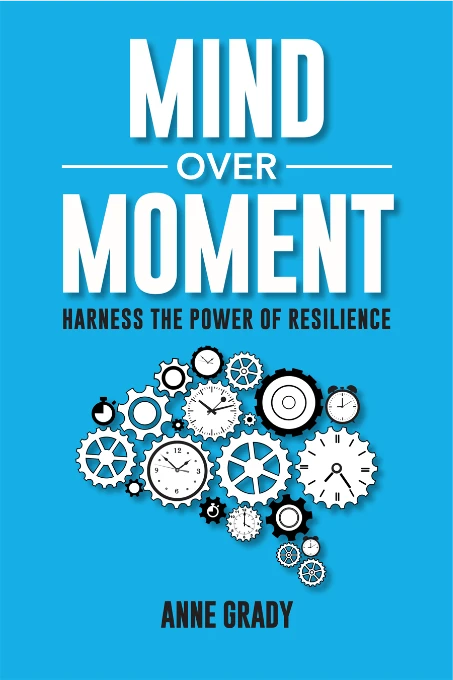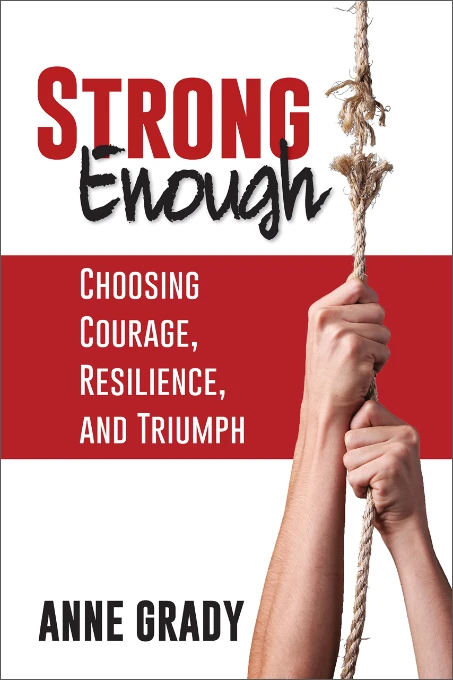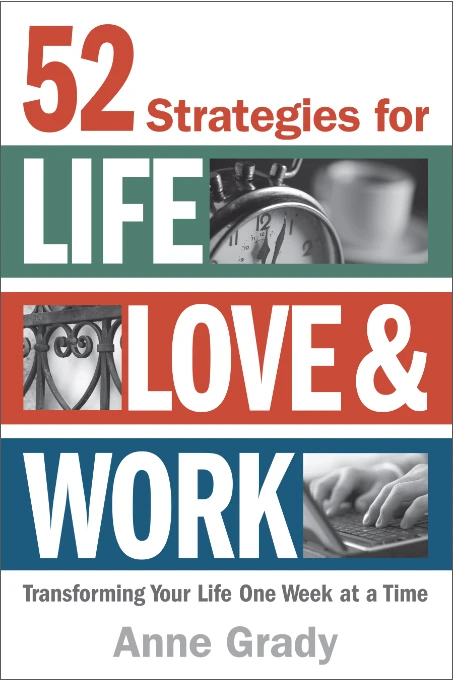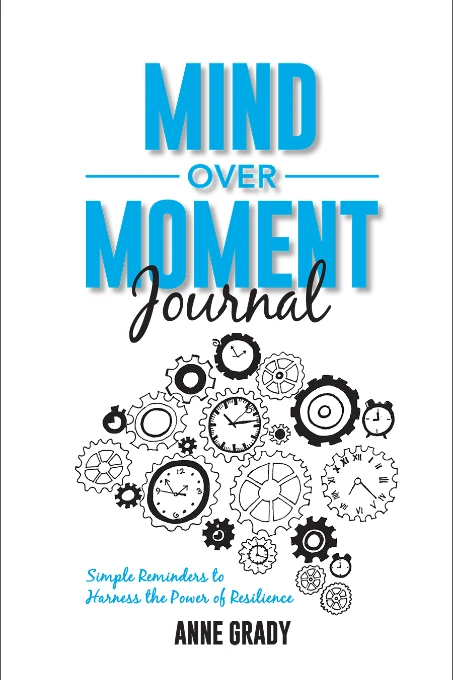Reality Check, We All Have Blind Spots
Reality Check, We All Have Blind Spots
Reality Check, We All Have Blind Spots
I was talking to someone last week after a presentation, and she said, “All this leadership and communication stuff is great, but it doesn’t really apply to me. Everyone likes me.”
That may be true sister, but let’s face it, you don’t know what you don’t know. We all have blind spots. A blind spot is a part of our personality or behavior that we’re not aware of, yet others can see it. And regardless of our intelligence, emotional or otherwise, we all have them.
If you want to continue to grow, personally or professionally, it helps to become more self-aware.
If you’re ready for a reality check and want to uncover your blind spots, try these suggestions:
- You have to want to know what your blind spots are. If you’re not ready to uncover them, that’s ok. Ignorance is bliss and sometimes we’re not in a place to “work” on our own issues. Give yourself permission not to worry about it until it’s something you can really focus on.
- If you do seek feedback, be prepared to listen without getting defensive. Ask questions and make statements, but don’t attack and don’t defend.
- Ask the people who know you and care about you to be honest and give you constructive feedback. Giving feedback is a risk, so be grateful if people are willing to give it.
- Pick one area and focus on it. Behavior changes one of three ways: rarely, slowly, or never. Don’t try to bite off more than you can chew. It will become overwhelming and nothing will change.
- Seek on-going feedback and make it safe for people to provide it. If you get defensive and argumentative, people will stop giving you feedback.
- Ask for positive, as well as constructive feedback. Ask others about your strengths and where they see you making progress.
- It’s a journey, not a destination. No matter how enlightened we are, we’ll always have some blind spots, and that’s ok. Continuously striving for progress is the goal.
How do you uncover your blind spots? Comment below!
We can take back control of our energy, but FIRST, we have to be aware that we are running on fumes. Here are five subtle signs to look for before you burn out:
1️⃣ You Feel Snappy, Judgy, or Overly Critical (Even Over Dumb Stuff)
2️⃣ You’re Drowning in Decision Fatigue
3️⃣ You Feel Guilty for Resting (So You Never Fully Do)
4️⃣ You’re Scrolling to Numb, Not Connect
5️⃣ You Keep Thinking: ‘Once I get through this week…’
If even one of these sounded familiar, that’s your sign. You don’t need to wait for burnout to make a change. This is your permission slip to pause, reset, and breathe. 🎥
Have you ever had to schmooze at a networking event? You find yourself in some awkward situation, fumbling around for the right words when you land on “How are you?” or “What do you do?” Two of the most boring, uninspiring, uninteresting questions in the world.
Fortunately, there is a conversation starter that works better, is way more interesting, and makes you more memorable. This question is so powerful that it activates the pleasure center of the brain.
Here’s the question: “Working on anything exciting lately?”
That simple conversation starter makes people light up and feel good. And the best part? When they leave the conversation, they connect you with that good feeling.
If you want more tips, tools, and strategies like this one, sign up for my weekly Resilience Reset newsletter! ⬇️ https://www.annegradygroup.com/strong/
A couple of fun facts about gratitude:
🙏 Just looking for something to be grateful for drops cortisol by 23%.
🙏 A gratitude practice trains your brain to search for and find more good stuff.
🙏 Gratitude improves mood, memory, focus, immune function, and heart health.
What will you look for this week? #mindfulmonday

Anne Grady is a Speaker, Author, and #TruthBomb Dropper.
Anne shares practical strategies that can be applied both personally and professionally to improve relationships, navigate change, and triumph over adversity. And she’ll make you laugh while she does it. Anne is a two time TEDx speaker, and her work has been featured in numerous media outlets, including Harvard Business Review, Entrepreneur, Forbes, Fast Company and Inc. magazines, CNN, ESPN, and FOX Business. She is the best selling author of 52 Strategies for Life, Love & Work and Strong Enough: Choosing Courage, Resilience and Triumph.







“You don’t know what you don’t know. That is a great statement.
Great advice!! Had to share some feedback with a friend over the weekend regarding how he communicates with another person who he’d been complaining about. It was a minefield, but went really well (and he already knew what I was saying was true, so that helped a lot), but when carefully worded, it can be great for everyone involved.
Hi Val! Sounds like you did your friend a huge favor, and props to you for taking the time and risk to provide feedback!
Wow. That’s great. I always say, “sometimes I may say things you may not like, so I apologize in advance, but if I hurt your feelings, let me know.” We all have people that like us, but those that don’t may never say it. I loved that statement ” you don’t know what you don’t know.” Thank you Anne! That was great.
Thanks, Juanita! I like the way you preface giving feedback. Great idea.